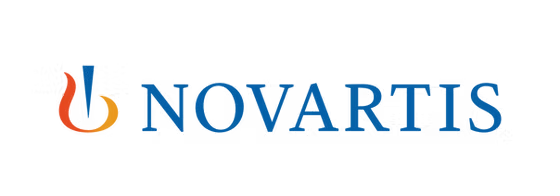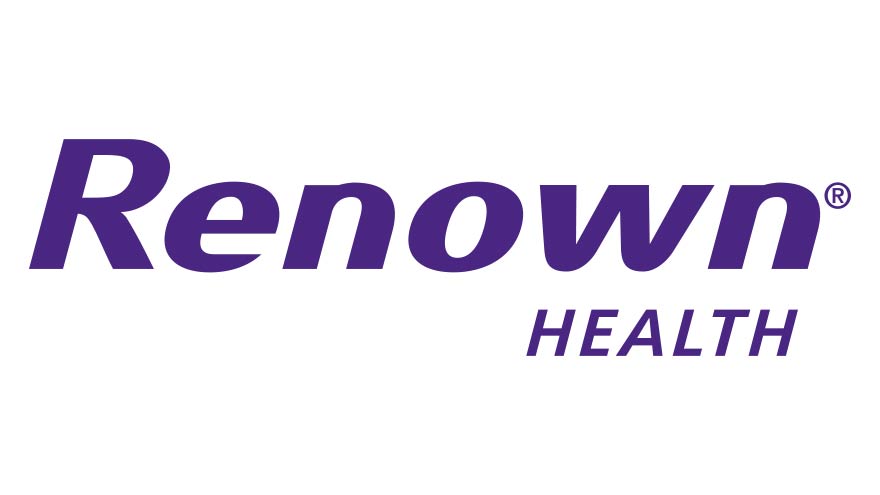
14 Jul 2023
Healthcare is undergoing a remarkable transformation, thanks to advancements in technology. These innovative solutions are revolutionising the way we access and receive medical care.
In this article, we will explore the incredible ways in which technology is reshaping healthcare, from improving remote appointments to the emergence of virtual hospitals.
We will also delve into the potential of digital twins, the benefits of immersive therapy, and the impact of blockchain technology on medical data. Let's explore these exciting developments together.
Revolutionising Remote Appointments
Technology has made remote appointments more immersive and connected. Instead of traditional phone or video consultations, virtual reality (VR) headsets offer a deeper level of immersion, allowing patients and practitioners to feel more connected. This advancement is particularly beneficial for minor complaints and regular check-ups, which can be effectively handled remotely, easing the burden on healthcare systems.
The Rise of Metaverse Hospitals
Virtual clinics within the metaverse are transforming healthcare accessibility. These clinics, accessible through headsets, provide remote appointments for patients. This innovative approach holds great potential for mental health treatment and physiotherapy, as cameras can monitor patients' movements in the real world.
Virtual clinics can revolutionise healthcare in areas with limited medical professionals or in remote regions where travelling long distances for care is a challenge.
Harnessing the Power of Digital Twins
Digital twin technology is creating virtual models of the human body, allowing healthcare professionals to accurately simulate patients' bodies at a cellular level. These digital twins enable predictions about patient responses to medications and recovery from illnesses.
Each person can have their own digital twin, facilitating virtual tests, personalised treatment plans, and rehabilitation strategies. This advancement holds great promise for individualised and proactive healthcare.
Advancements in Surgery
Metaverse technologies have facilitated collaborative surgeries performed by surgeons located in different parts of the world. Mixed reality goggles enable remote surgeons to provide guidance and mentorship, enhancing the supervision of newly qualified surgeons. Furthermore, immersive technologies can help patients relax before and during surgery, promoting better outcomes and experiences.
Immersive Therapy for Mental Health
Virtual Reality Exposure Therapy (VRET) has emerged as a valuable tool for treating mental health conditions like PTSD and anxiety disorders. Through VR simulations, patients can confront triggers in a controlled and safe environment, facilitating emotional processing and active engagement in treatment.
Clinicians can create personalised scenarios that are challenging to replicate in real life, empowering patients and offering flexible treatment options.
Blockchain's Impact on Healthcare
Blockchain technology offers secure and decentralised storage of sensitive medical data. Patients can manage their health information, including test results and prescriptions, while maintaining control over their privacy.
With decentralised healthcare, patients have the freedom to switch providers easily and share anonymized data with medical researchers. This approach enhances healthcare in rural and remote areas through telemedicine and other technology-driven solutions.
Conclusion
As technology continues to advance, healthcare is experiencing a remarkable transformation. The integration of virtual reality, digital twins, and blockchain technology is revolutionising the way we access and receive medical care. From immersive remote appointments to virtual hospitals within the metaverse, these innovations offer new possibilities for personalised and proactive healthcare.
Moreover, the power of technology extends to mental health treatment, with immersive therapy providing valuable insights and skills for patients. With secure and decentralised medical data, patients have greater control and access to healthcare services. Embracing these technological advancements ensures a brighter and more inclusive future for healthcare worldwide.











Comments (0)